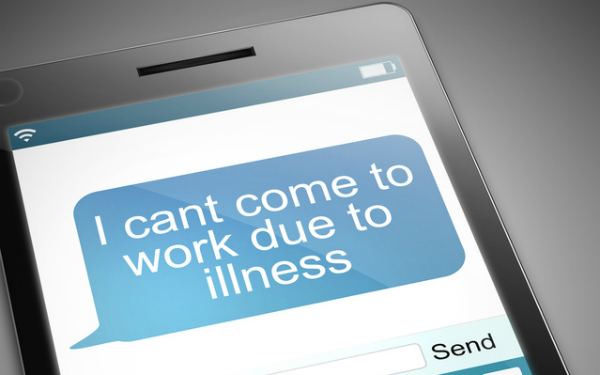
Story updated 11 February 2021
The proportion of councils reporting high numbers of children’s social workers not working due to Covid-19 rose last month following a sustained fall since November, a Department for Education (DfE) survey has found.
Six per cent of local authorities said more than 10% of social workers were not working due to the pandemic from 11-13 January, up by five percentage points from the level in December, the latest results from the DfE’s ongoing research into the impact caused by Covid-19 on children’s services has shown.
The sharp rise, revealed in the wave 17 results from the department’s vulnerable children and young people survey, follows a decline from 4% of local authorities having more than 10% of their social workers off due to Covid in October and November. However, the current figure is half the 13% reached in May 2020, at the height of the first lockdown.

Source: DfE Vulnerable Children
and Young People Survey (Feb 2021)
The proportion of councils reporting more than 10% of residential care staff off work due to Covid also increased sharply in the latest wave of the DfE data, from 11% in December to 19% in January.
This came after a steady decrease from November when 22% of councils reported over 10% of residential care staff off work due to Covid.
Councils adapting but anticipating referral spike
In response to the latest figures, Association of Directors of Children’s Services president Jenny Coles said councils had adapted to the challenge of staff sickness and self-isolation during Covid
“Although the latest survey findings show that the number of social workers being unable to work due to coronavirus has slightly increased, local authorities have adapted, for example by redeploying their existing staff to fill gaps because those staff are already familiar with local arrangements and systems.
“The whole workforce has continued to work incredibly hard throughout the pandemic and ensuing lockdowns but we anticipate that our peak in referrals to children’s services is yet to come. When it does this will put added pressure on a workforce that was already under strain pre-Covid-19.”
The latest wave of the DfE figures showed the number of referrals from 28 December 2020 to 3 January 2021 was 7% higher than the 2016-19 average of the same week. This is the only the fourth week during which referrals have been higher during the pandemic than in previous years, however the report said that the finding should be treated with caution because of the timing of Christmas holidays varying from week to week.
The total number of referrals throughout all 17 waves of the data was 176,120, which is 9% lower than an average of the same weeks during 2016-19.


 Bournemouth, Christchurch and Poole
Bournemouth, Christchurch and Poole  Hampshire County Council
Hampshire County Council  Lincolnshire County Council
Lincolnshire County Council  Norfolk County Council
Norfolk County Council  Northamptonshire Children’s Trust
Northamptonshire Children’s Trust  South Gloucestershire Council
South Gloucestershire Council  Wiltshire Council
Wiltshire Council  Wokingham Borough Council
Wokingham Borough Council  Children and young people with SEND are ‘valued and prioritised’ in Wiltshire, find inspectors
Children and young people with SEND are ‘valued and prioritised’ in Wiltshire, find inspectors  How specialist refugee teams benefit young people and social workers
How specialist refugee teams benefit young people and social workers  Podcast: returning to social work after becoming a first-time parent
Podcast: returning to social work after becoming a first-time parent  Podcast: would you work for an inadequate-rated service?
Podcast: would you work for an inadequate-rated service?  Family help: one local authority’s experience of the model
Family help: one local authority’s experience of the model  Workforce Insights – showcasing a selection of the sector’s top recruiters
Workforce Insights – showcasing a selection of the sector’s top recruiters 

 Facebook
Facebook X
X LinkedIn
LinkedIn Instagram
Instagram
Yet another confirmation of our real experiences which will wither away without any response like all others. How many times will we have to show we are exhausted, vulnerable, scared, unsupported?
Well said Carol.